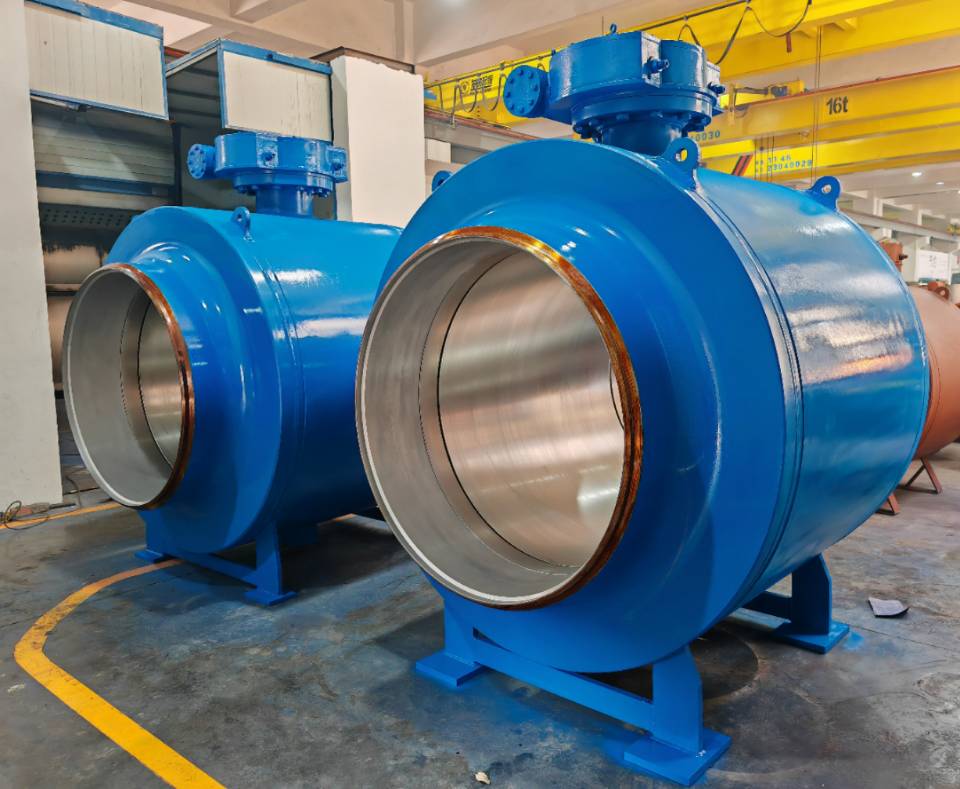Forged Steel Y-Type Strainer Supplier for Efficient Fluid Filtration Solutions
Understanding Forged Steel Y Type Strainers Importance, Manufacturing, and Applications
In various industrial applications, maintaining the efficiency and longevity of piping systems is crucial. One essential component in achieving this is the strainer. Strainers are used to remove unwanted particles and debris from fluids, ensuring the smooth operation of pipelines and equipment. Among the different types of strainers available in the market, the forged steel Y type strainer stands out for its durability and efficiency. This article will delve into the importance of Y type strainers, the manufacturing processes involved, and their various applications.
The Importance of Y Type Strainers
Y type strainers play a vital role in protecting piping systems and equipment from damage caused by debris and solid particles. These strainers are particularly effective in high-pressure environments and are commonly used in a variety of industries, including oil and gas, water treatment, chemical processing, and power generation. Their unique Y-shaped design allows for effective filtration while facilitating easy maintenance.
Leveraging the advantages of a Y type strainer not only enhances operational efficiency but also reduces maintenance costs over time. By preventing the accumulation of sediment and contaminants, these strainers help extend the lifespan of pumps, valves, and other critical components in the system.
Manufacturing Process of Forged Steel Y Type Strainers
The manufacturing of forged steel Y type strainers typically involves several key steps
1. Material Selection The primary material used is forged steel, known for its strength, durability, and resistance to high pressures and temperatures. Manufacturers often select specific grades of steel to meet the requirements of different applications.
2. Forging The steel undergoes a forging process, which involves shaping the metal using heat and pressure. This process enhances the mechanical properties of the steel, resulting in a stronger final product.
3. Machining After forging, the strainer components are machined to precise dimensions. This step is crucial to ensure proper fit and function within the piping system.
4. Welding and Assembly Once machined, the parts are assembled and welded, forming the complete strainer. The welding process must be carried out with great care to maintain the integrity of the product, especially in high-pressure applications.
forged steel y type strainer manufacturer

5. Surface Treatment The final step often involves surface treatments such as galvanizing or coating to enhance corrosion resistance. This is particularly important for strainers used in harsh environments.
6. Quality Control Rigorous testing and quality control measures are employed throughout the manufacturing process to ensure that each strainer meets industry standards and specifications.
Applications of Forged Steel Y Type Strainers
Forged steel Y type strainers are versatile and find applications in numerous sectors
- Oil and Gas Industry Used in pipelines to filter out sand, rust, and other impurities from crude oil and natural gas.
- Water Treatment Plants Essential for protecting pumps, valves, and other equipment from debris in water conveyance systems.
- Chemical Processing Helps maintain the integrity of chemical reactors by preventing particulate contamination.
- Power Plants Used in both thermal and hydroelectric power plants to ensure the proper functioning of cooling systems.
- HVAC Systems In heating, ventilation, and air conditioning systems, Y type strainers help maintain optimal airflow and prevent damage to sensitive equipment.
Conclusion
In conclusion, forged steel Y type strainers are indispensable in various industrial applications, providing a reliable solution for filtration needs. Their robust construction and efficient design ensure that they perform effectively under high pressures and temperatures. By understanding the manufacturing processes and applications of these strainers, industries can make informed decisions about their use, ultimately enhancing operational efficiency and equipment longevity. As industries continue to evolve, the demand for high-quality forged steel Y type strainers is likely to grow, reflecting their importance in maintaining the integrity of piping systems.
-
The Key to Fluid Control: Exploring the Advantages of Ball Valves in Industrial SystemsNewsJul.09,2025
-
The Versatile World of 1, 2, and 3 Piece Ball ValvesNewsJul.09,2025
-
Stainless Steel Ball Valves: The Ideal Choice for Efficient Flow ControlNewsJul.09,2025
-
Optimizing Fluid Control with Ball Float ValvesNewsJul.09,2025
-
Manual Gate Valves: Essential for Control and EfficiencyNewsJul.09,2025
-
Everything You Need to Know About Butterfly ValvesNewsJul.09,2025
-
The Versatility of Wafer Type Butterfly ValvesNewsJul.08,2025




